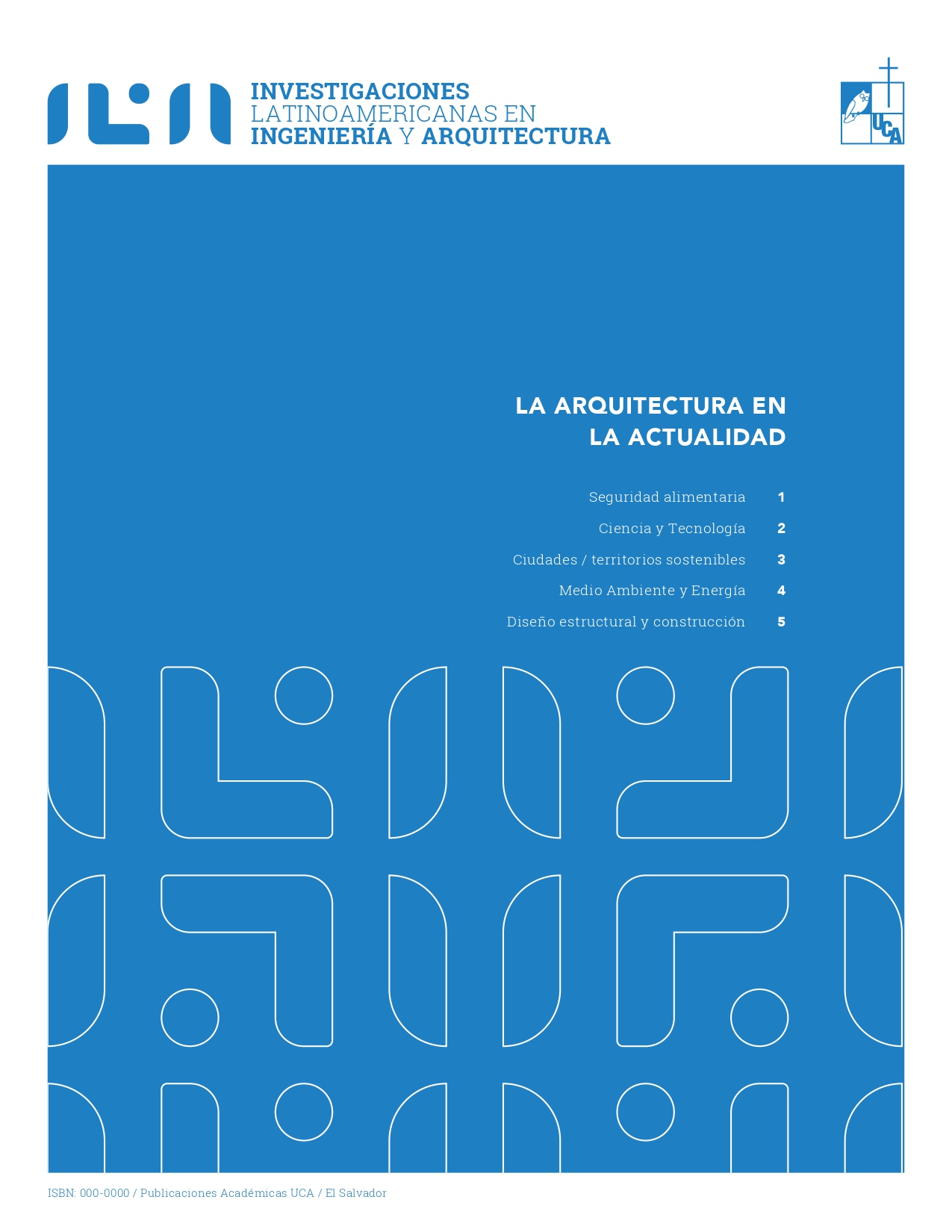Abstract
The dynamic - historical reading of the planning, and the balances of what we consider as a structural “bad urbanrural development” of the territories (at least since the 60s), is essential. This position, although open to debate, has become evident taking into account the also dynamic reading of the great challenges of sustainable transitions and "resilience”, that have marked planning and management intentions in Central American planning history. This statement necessarily leads to rethinking global architectures inherited (built form, forms of management and planning, governance) to define the intensities of the changes. Moving towards this, implies to define the method and the transition system to be implemented, and to define the instruments that allow rehabilitating, reconstructing, remodeling, “re-architecturing” territories and institutions inherited. However, the re-architecture proposed will depend on the collective clarity, first of the pasts carried over, and second the desired futures. Accounting for the "arts" or the "politicalsocial institutional techniques" that created (and continue to do) the "metropolitan areas", is today an essential stage to be able to move towards new development models. Indeed, many local and metropolitan challenges, such as the “right to sustainable housing for all” (which has a high component of physicalconstructive design), contain high probabilities of never being effective in the current and trending context. Given that the current political, institutional, economic and social capacities, to make considerable changes in the management of the territories, seem to be compromised. Forging new capabilities and new abilities (financial, environmental, social, and including technical-constructive) is a collective challenge. And collectively conceiving a new urban planning and territorial planning (corrective – preventive and collaborative) is an urgency.
ILIA: Investigaciones Latinoamericanas en Ingeniería y Arquitectura, No. 01, 2024: 167-173.
References
Este artículo sintetiza los debates entre los tres coautores a partir de sus experiencias como planificadores, urbanistas, y académicos. Se parte de las experiencias de trabajo que realizan hasta hoy día en materia de diseños territoriales, metropolización y desarrollo sostenible. Los enfoques y conceptos que aparecen no hacen referencia a ningún autor en particular, sino más bien à una reflexión colectiva apoyándose en enfoques propios y articulados; y en los debates realizados en el marco de los dispositivos citados, y en particular en proceso de trabajo llamado “Arquitectura(s) Metropolitana(s)”.
Los dispositivos citados son co-animados por los coautores, o hacen referencia a dispositivos institucionales de trabajo en curso.
Notas:
Nota 6: Se comprenderá por «capa “habilidades”» el proceso de construcción de respuestas para una acción pública / privada – comunitaria de innovación y sostenible. Se trata de crear las condiciones, pero también las cualidades o aptitudes de toda naturaleza que permita el desarrollo sostenible, de manera acertada, justa, efectiva. Y con actuaciones sobre todo sencillas, accesibles pero suficientemente correctivas. (Silvia Rosales-Montano)

This work is licensed under a Creative Commons Attribution-NonCommercial 4.0 International License.
Copyright (c) 2024 S. Rosales Montano, C. Gotlieb, M. Galán (Autor/a)





